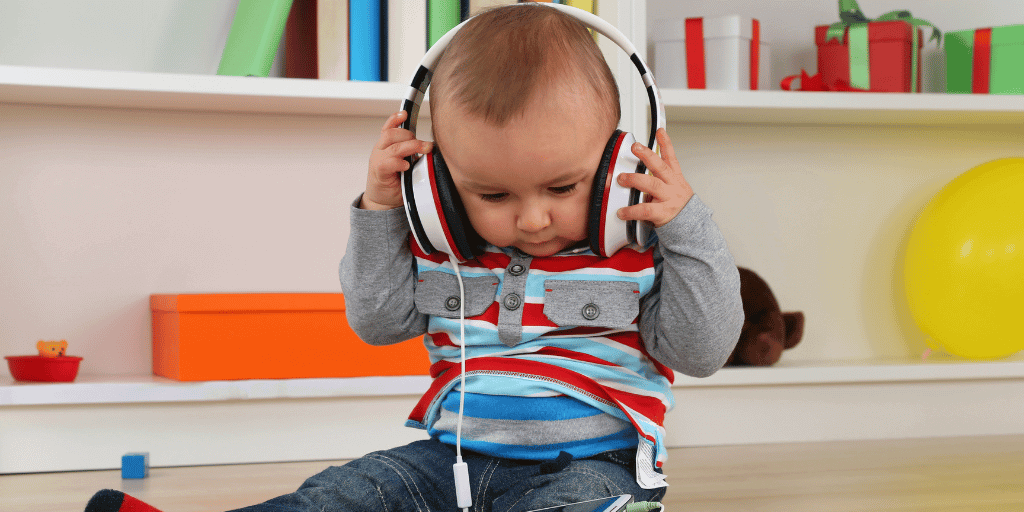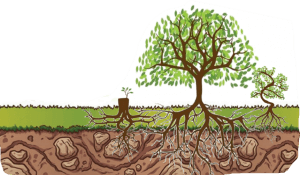
Bringing Up Great Kids (BUGK) in kinship and foster care: a deep listening journey
‘Bringing Up Great Kids (BUGK) in kinship and foster care: a deep listening journey’ blog article was written by Hanif Reza Jaberipour from the Parenting and Early Years team at Australian Childhood Foundation.
Deep listening is one of the most impactful things we can do to foster meaningful connections and support the individuals in our midst. One of the most powerful examples of this comes from Judy Atkinson, an Emeritus Professor at Southern Cross University, who has spent a lifetime reflecting on the intergenerational effects of trauma on Indigenous peoples, and who shared her listening experience within the Aboriginal community at the International Childhood Trauma Conference in 2016. Unlike the Western standard of active listening, Atkinson’s approach did not necessarily include listening to understand, or analyse, to find a solution. Instead, she suggested that perhaps listening is the solution itself. By deeply listening, the listener has the power to provide a safe and secure space to step back, look in the reflecting mirror offered by the listener, and reflect.
Listening has been described in Aboriginal culture as Winanga-Li, a Kamilaroi word meaning ‘to hear, to listen, to know, to remember’. It is the idea of listening with respect – hear, think, do not hurry. It means listening to the story and considering what is in the spaces. Don’t interrupt with questions. Wait to hear what the speaker wants to tell you. You prepare the space and listen, taking in the wisdom you are about to receive and contemplate, understanding that you might not fully comprehend what you are being told straight away. Atkinson reminds us that we need to think, to grow into knowledge.
Listening in the Bringing Up Great Kids (BUGK) programs is heavily inspired by this philosophy. In designing the BUGK in kinship and foster care program, our team was aware of the importance of ensuring opportunities were provided for participants to be listened to. The program offers plenty of activities that facilitate conversations among participants to hear from each other and share their deep experiences as parents and carers. This supports facilitators to build a safe environment for kinship and foster carers to share and reflect.
Years ago, in one of our groups, we had a kinship carer who joined a BUGK program for kinship and foster carers with her knitting needles in hand. She entered the room in the first session and sat on her chair without making any eye contact with anybody in the room. As the conversations started, she never stopped knitting and never raised her head to look at anyone. She finished the first two sessions having not said a word. During the third session, listening to others sharing stories of their own, she eventually packed her knitting needles and started talking about her son. She told us about her relationship with him and the difficulties that led to her situation looking after her grandson. She shared that hearing from others taught her that she is not the only kinship carer in her situation – she could put her experience into perspective and move on. By the final session, she was the most active participant in the group.
The listening journey
Kinship and foster carers are experienced parents who have raised their own children and have their own parenting stories. However, their parenting stories – particularly in the case of kinship carers – might have traumatic aspects. We also know that, for many foster carers, there are stories about how parenting their own children was different from their experience with their foster child. So, we realised that before sharing any information with parents, or engaging them in any reflective journey, we needed to start the program by listening to those stories. The focus is on respectful and authentic listening, as well as appreciating all parenting stories. This gives kinship and foster carers the opportunity to consider how roles and positions in their families have changed, to normalise different family structures, and reflect on the role of culture in kinship and foster care.
For example, in some of our early activities, the kinship and foster family are envisaged as a family forest where the carers can identify how all family members are involved or connected to each other. Using the forest as an analogy helps to address the complexities in kinship and foster care. Moreover, this analogy is extended through the program by using the tree as a metaphor that represents different family members. Some trees are deeply rooted in the ground like kinship and foster carers, some are young saplings, some are well-nourished by the environment, and some are not. The point is that they can all be connected through their roots. A tree does not stand alone – it is part of a forest.

Through our program for kinship and foster carers, we aim to support the expression of their feelings, opinions, and experiences. Listening to them is our main practice to foster reflective capacity. We encourage kinship and foster carers to recount stories about their family background. Participants tell each other stories that depict different aspects of their culture, history, and religion. By doing so, the group reflects on how the family background works in welcoming the new child into the family and communicating with them.
We also engage carers in a more challenging conversation – reflecting on the biological parents’ story. It is sometimes hard for carers to reflect on the biological parents and listen to their stories. Our work continues with the tree analogy and envisages the carer as the old and strong tree whose roots are supportive of the sapling (the child) and still supportive of the sick or damaged tree (biological parents). This provides the foundations for further discussions involving the children and the ongoing journey of being a carer.
Finally, we invite them to reflect on the relationship between the child and the carer family and find hope in the idea that the plasticity of the nervous system can create opportunities to repair relationships. This conversation reminds the carers that ruptures can potentially occur within any of the relationships they have. It remains just as important for these relationships to be repaired, not only for the impact they can have on available support but also because the child (or children) will feel the impact of strain in the relationships around them.
Want to be a part of our foster care community in WA? Click here to learn more.
Bringing Up Great Kids (BUGK) Program
Bringing Up Great Kids (BUGK) is an integrated suite of activities and tools that are unique and offer all parents and carers a fresh way to understand and enact relationships with their children. It focuses on building positive and nurturing relationships between parents and their children, while also aiming to support parents to review and enhance their patterns of communication with their children to promote more respectful interactions and encourage the development of children’s positive self-identity.
